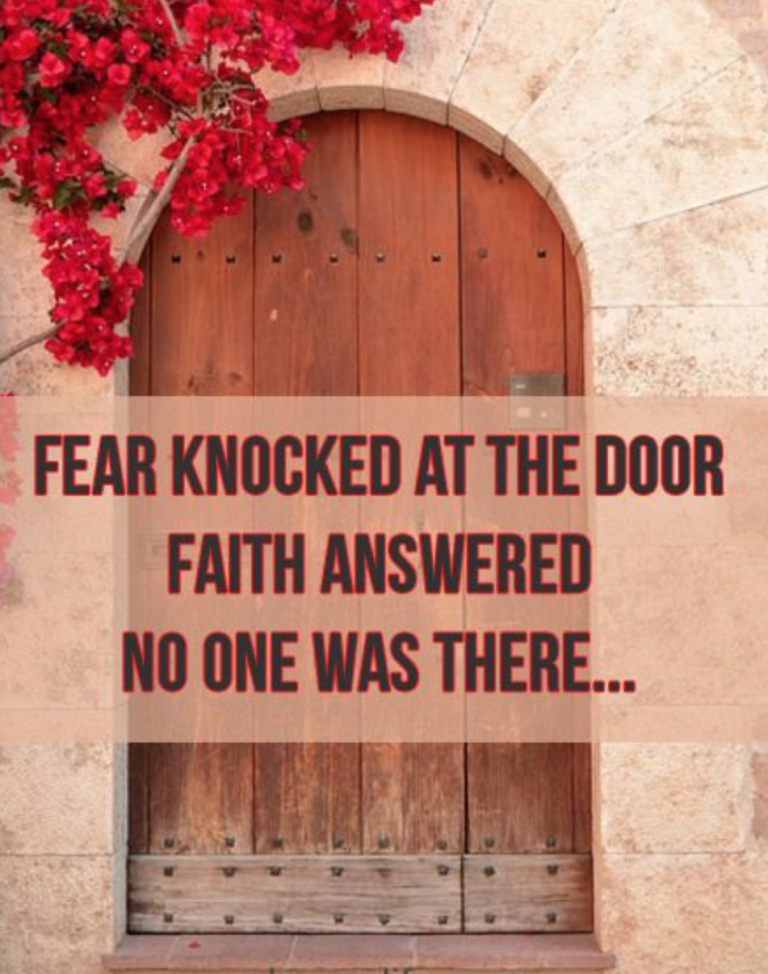Beliefs Versus the Efficacy of Faith

You can read and print a pdf version of the commentary here.

Everyone who either explicitly or implicitly affiliates with any religious or political persuasion does the same. In an informal progressive Christian gathering I’ve lead for years, we have our own creedal “I believe” statement we recite each month:
“I believe in love over hatred
good over evil
peace over war
truth over falsehood
faith over fear
generosity over selfishness
mercy over judgment
humility over arrogance
reconciliation over division
an open mind and an open heart.
I believe in risking, daring and never yielding
in the struggle for peace and justice
until love becomes all in all.“
In other words, there are certain things we say we believe; and other things we don’t. And, sometimes we shake our heads in utter disbelief with regards to certain things others say they believe.
A Q-anon conspirator persuades others by the sheer strength of their own conviction that our nation must be rescued from a shadowy cabal of Democratic pedophiles. Or, a Taliban fighter or Isis-K suicide bomber, has no fear of giving his life for the sake of his belief in an imaginary heaven being his reward. But, then for others, there’s doubt.
Doubt is the realm in which trust (Gr. Πίστη pistis, a synonym for the word faith) in some-thing, or some-one is required; in order to be able to accept and tolerate uncertainty. So, the opposite of faith is not simply faithlessness, but fear. Most of all, it is fear of incertitude. But the ability to live with uncertainty – while still expressing willingness to trust nonetheless – is the ability to resist the temptation to take flight and cling to what I’ve sometimes called “the illusion of certainty.”
Religion is often ripe with such illusory notions, attempting to rid us of our fears; with mortality being perhaps the greatest fear of all.
If all this makes your head hurt, or you don’t believe I know what I’m talking about, I’ll try to explain it all with a simple story.
A Personal Story
On February 23, 1954, a group of children from Arsenal Elementary School in Pittsburgh, Pennsylvania, received the first injections of a new polio vaccine developed by Dr. Jonas Salk. I had only just turned six myself. But I was old enough to know all about that crippling disease. It spread fear and worry throughout entire communities, over risk of contamination; especially in Summertime, in places like the public swimming pool.

In 1955, I was a young student at West Main Elementary School, in Kalamazoo, Michigan. One day, our entire class was marched up to the gymnasium on the second floor; where we lined up to receive the FDA-approved Salk vaccine. There was simply no debate about it.
A year later I fell gravely ill with a terrible headache one Sunday evening. I was taken to the emergency room at Bronson Hospital, where a spinal tap revealed I had somehow contracted the polio virus. I was placed in an isolation ward for two weeks. Donned in mask and gown, only the doctor, nurses and my father — because he was a clergyman — were allowed to enter my room.

Daily, my mother would put a stepladder into the back of our turquoise ’56 Ford station wagon, and drive to the parking space just below the window of my first-floor room. She would sit atop the ladder for hours, reading Mark Twain novels to me through a cracked-open window.
After two weeks, I was feeling much better. Fortuitously, it was determined I had not suffered any permanent paralysis; due to the vaccine I’d received the prior year. After another week in a regular hospital ward, I was sent home to spend another month regaining my strength. To this day, I remember my long-awaited return to West Main Elementary; where screaming classmates rushed across the playground to welcome me back.
Following my restoration to full health, my father wrote a thank-you letter to Dr. Salk. Shortly thereafter, we received a typewritten reply on University of Pennsylvania letterhead, with ink signature. I still have the faded letter in a box of memorabilia. The note simply reads,
“Dear Rev. and Mrs. Bennison,
Thank you very much for your kind letter. I’m so glad to hear your son is doing well, and I wish him good health.
Sincerely,
Jonas Salk”
So, this is what I believe: I believe the Salk vaccine saved my young life from paralysis, or even death. But it required an act of faith, or trust in the man who invented it, for that belief to result in any credible, efficacious consequence. And, for that to happen, someone had to overcome dis-trust, considerable fear, and any illusory need for absolute certainty.
More than six decades later, it is mildly amusing to me that the most efficacious Covid-19 vaccine to date – and the one I received earlier this year — comes from a Pfizer plant in Kalamazoo, Michigan. So, I can say I believe in this vaccine, where others apparently do not.
In the monthly gatherings I previously mentioned — when we affirm those tenets of belief in love over hate, good over evil, peace over war, truth over falsehood, generosity over selfishness, mercy over judgement, humility over arrogance, reconciliation over division — it is not out of a matter fear that all those good things may never fully come to pass. In the tattered and weary world that we inhabit, it would be easy to suspect or surmise that will never happen.
But I can live with such doubt, and still “keep the faith.”
© 2021 by John William Bennison, Rel.D. All rights reserved.
This article should only be used or reproduced with proper credit.
